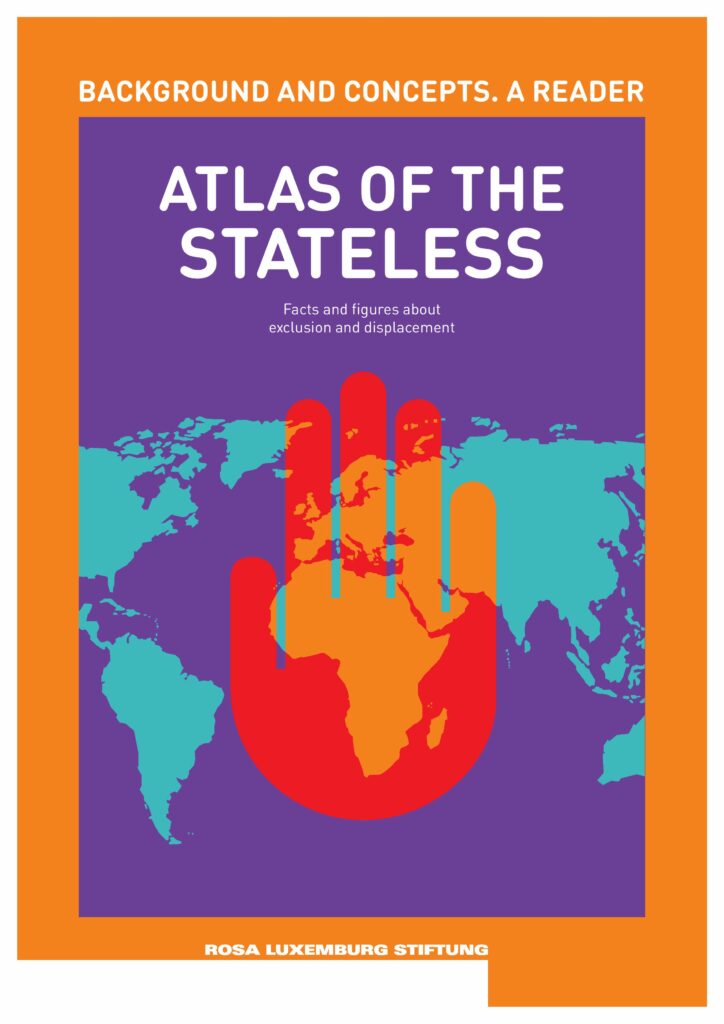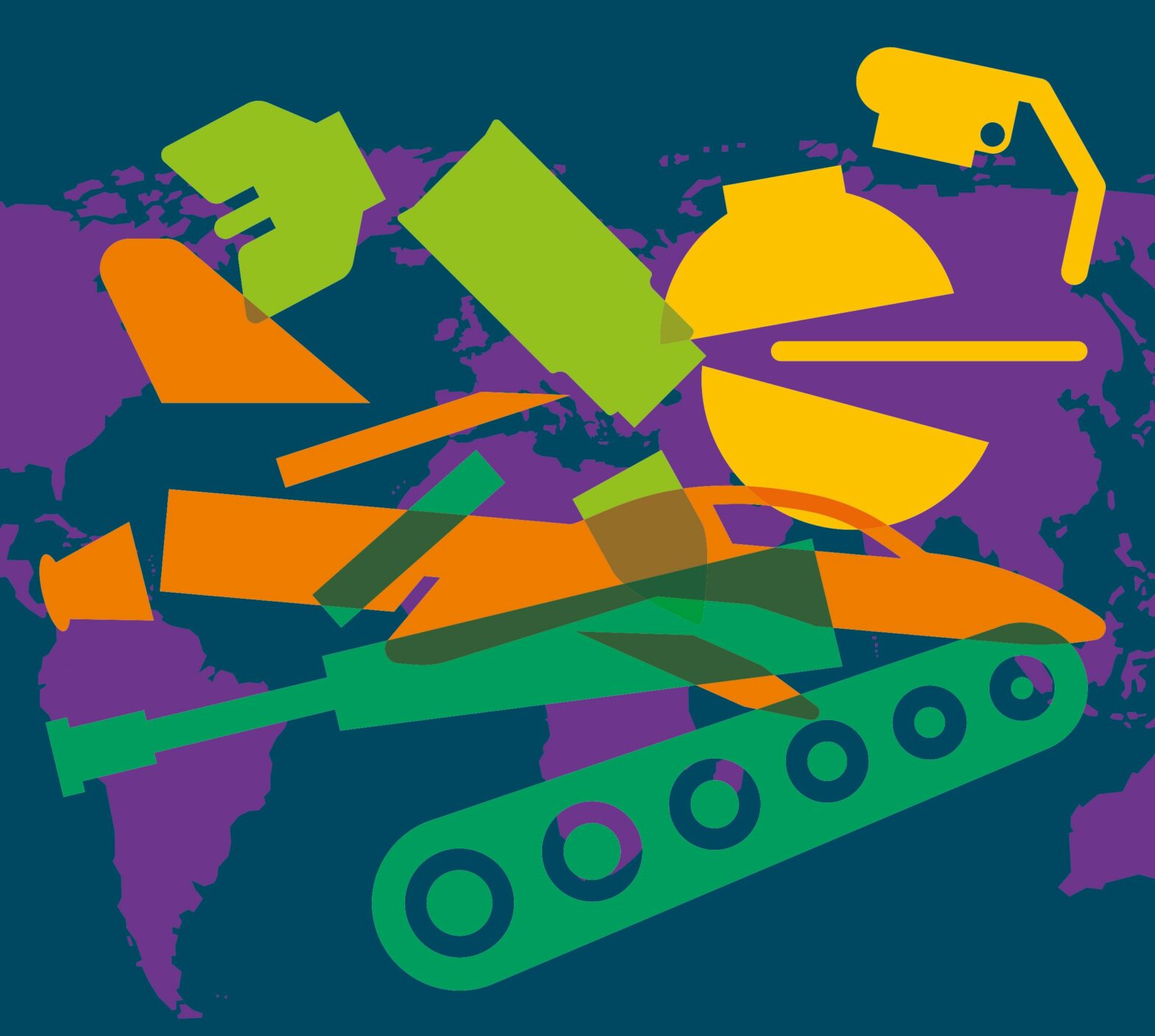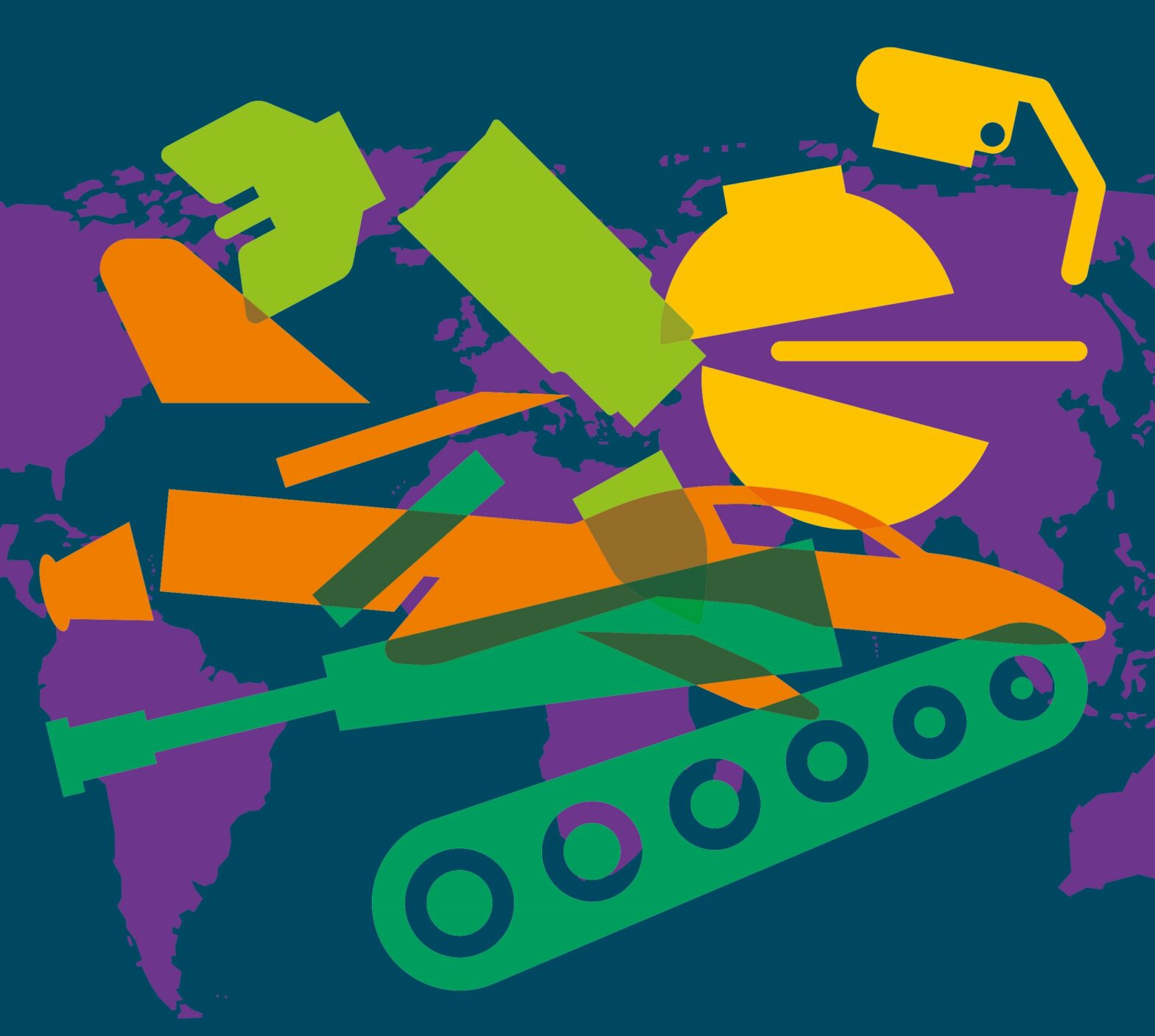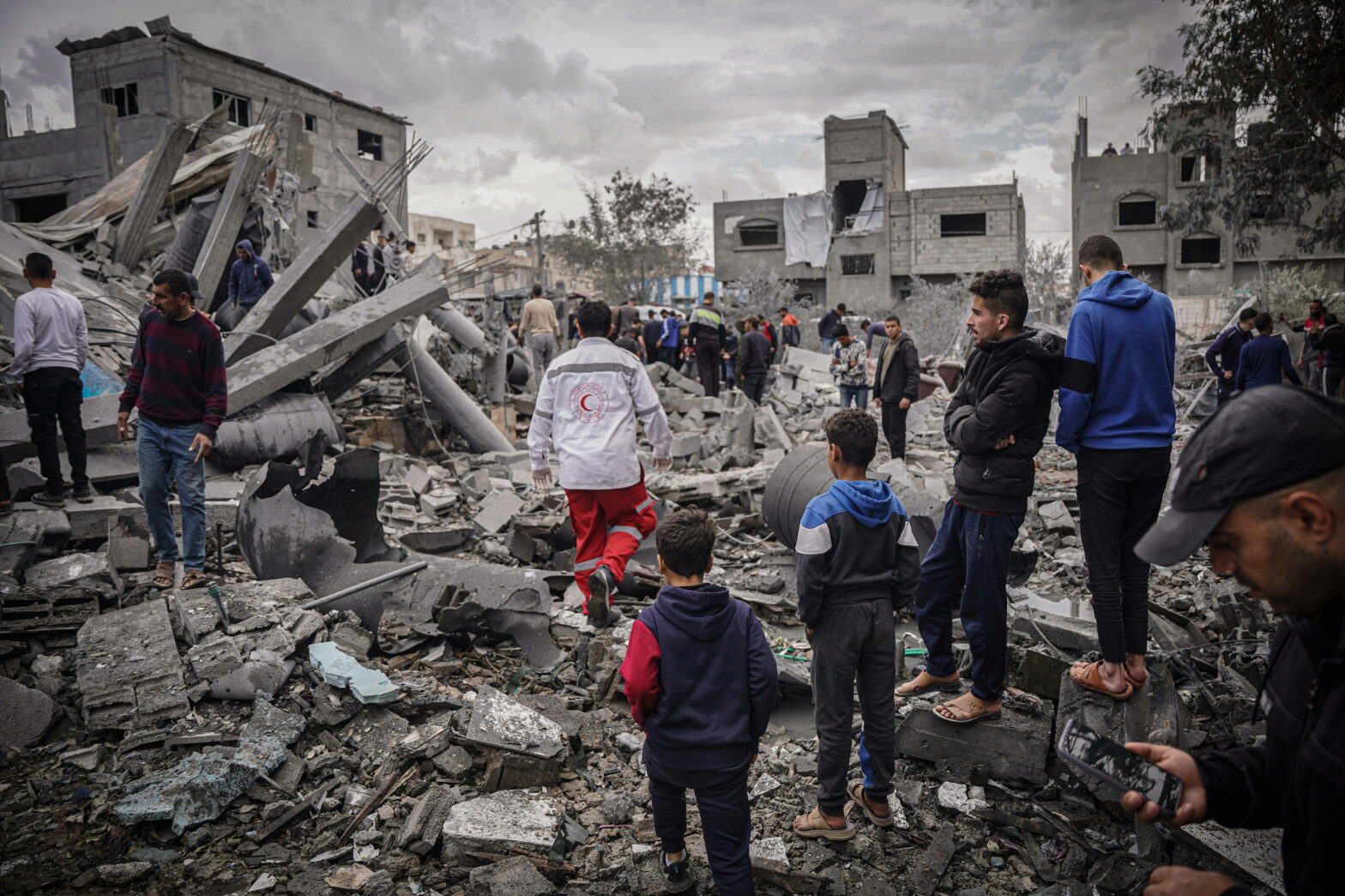Share Twitter Facebook Email Copy URL
The rights to life, liberty and personal security mean little if you have nothing to live on. Social security includes unemployment benefits, health insurance, pensions, as well as access to housing, education and clean water. It is the state’s duty to ensure stateless people have these. It is in society’s own interest too.

Ulrike Lauerhaß is project manager for the Beirut office of the Rosa-Luxemburg-Stiftung in Berlin. Eva Wuchold is programme director for social rights in the Stiftung’s Geneva office.
The article was published in the guide to the Atlas of the Stateless in English, French, and German.
Stateless people often describe themselves as “invisible” because they are not registered in any official documents. As a result, they are subject to all kinds of discrimination and restrictions, and may even be excluded from society altogether. Citizenship is associated with emotional values such as a sense of belonging and of identity, basic civil and political rights as well as access to the social security system. The state has a duty to protect everyone on its territory from abuse and to ensure the full realization of their human rights. But in the case of stateless persons, this principle is in practice often restricted or even violated. This is particularly true of social rights, the so-called “second-generation” human rights.
Social rights are individual basic and human rights to which every single person is entitled simply by virtue of his or her humanity. They are intended to protect the person from exploitation and guarantee him or her the right to take part in the richness of society. They are considered innate, inviolable, inalienable and independent of citizenship. The right to social security is a central component of social rights. Article 22 of the 1948 Universal Declaration of Human Rights, like Article 9 of the UN Social Covenant, states that as a member of society, every human has the right to social security. The decisive factor in this legal status is that civil and political rights will remain an illusion if people lack material security, social and cultural rights.
The state is obliged to provide the basis for the pursuit of social rights, insofar as it has the means to do so. If not, it is the duty of the community of states and international organizations. However, one problem is that Article 9 of the UN Social Covenant does not create an obligation under international law to put social security into practice. The right to an adequate standard of living is anchored in Article 25 of the Universal Declaration, and minimum standards of social security are defined in Convention 102 of the International Labour Organisation. While the “what” is clear, there remains a wide margin of manoeuvre as to the “how” – in what way social security should be realized in accordance with the Convention.“
For whom” is also particularly controversial: who should be included in the social security system. As a rule, states interpret this in a very restrictive way. This means that stateless people cannot invoke national laws, and are therefore in a legal vacuum. Their access to basic social services is impeded; the stateless can rarely obtain school and university qualifications; they are subject to discrimination and harassment by the authorities and at risk of exploitation. Without identity documents they cannot open a bank account, travel freely, vote, or register themselves or their family members.
As the philosopher Hannah Arendt noted in 1949, this implies that they are excluded not just from a particular society, but also from the whole “family of nations”. The exclusion is a process that involves a mix of individual local, national and global factors. It is driven by unequal power relationships. One approach to overcome these is Global Social Rights. These are based on human rights, but are not directed at a national or supranational organization that grants such rights. Instead, people should together assert their basic rights (justice, freedom and dignity) as well as work, nutrition and health (for example) and appropriate them for themselves by ensuring political and social changes, so becoming self-determining members of society.
The exclusion of stateless people, like social exclusion in general, is a multidimensional process that is fueled by unequal power relationships. It takes place at different levels: individual, household, group, community, state, and global. One way to overcome such exclusion is to secure “global social rights”. These are based on a humanrights framework, but do not depend on a state or supranational organization to grant them. On the contrary, they call for the active appropriation of rights that are recognized as legitimate. They stimulate collective processes because they are founded on the assumption that every individual is entitled to these rights.
The concept of global social rights implies emancipation by appropriating universal human rights. The concept should be applied in such a way as to ensure that the “right to rights” becomes embedded in everyday life throughout the world. Thus, ending statelessness worldwide is only a first step. The goal is to end the need for citizenship because all humans are truly free and equal. As the German sociologist Niklas Luhmann wrote, this means a world society in which there is no outside, a world in which no one can be excluded or lose their social rights because of a lack of citizenship.
To resolve the discrepancy between global justice and the nation state and to establish global social rights, wealth would have to be redistributed on a global scale. That is possible. In 2019, over 600 million people lived in extreme poverty, surviving on less than US$1.90 a day. Some 55 percent of the world’s population received no form of social protection benefits in the form of social assistance, unemployment benefits or disability pensions. But at the same time, global annual income exceeded $11,000 per person. Transferring just one percent of the income of the rich to the poor countries – or $500 billion from $90 trillion a year, would be enough to achieve the right to social security.



